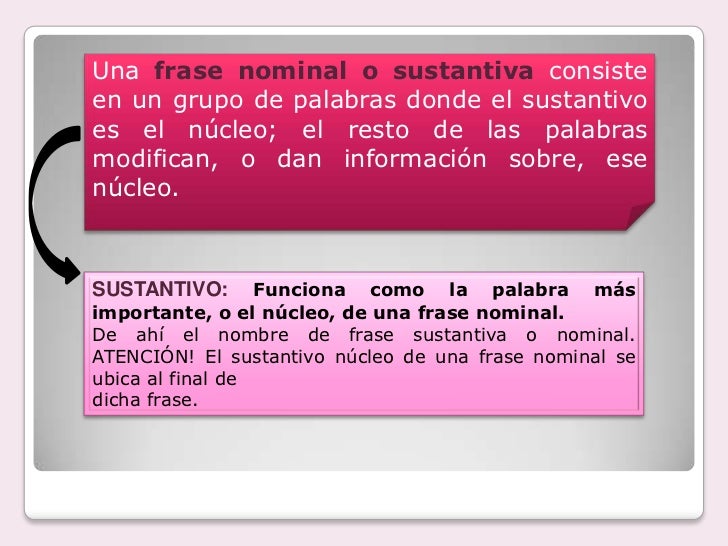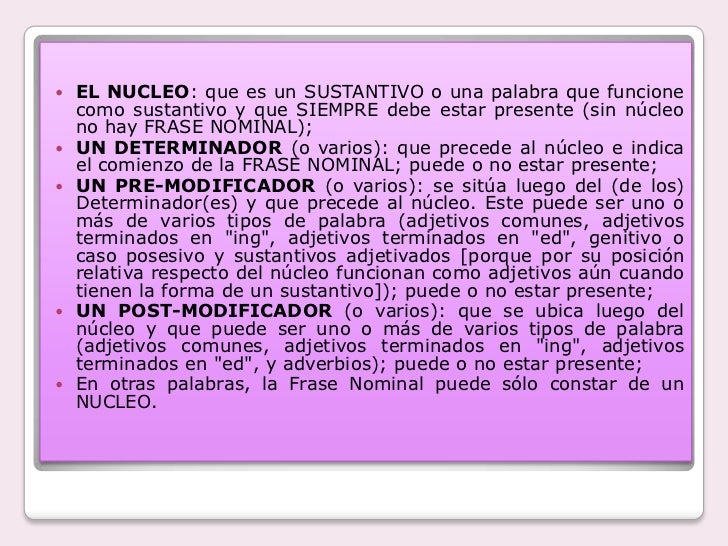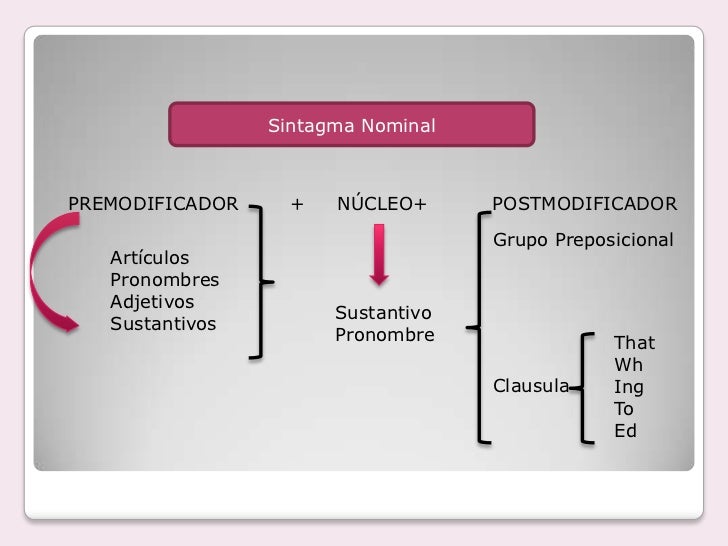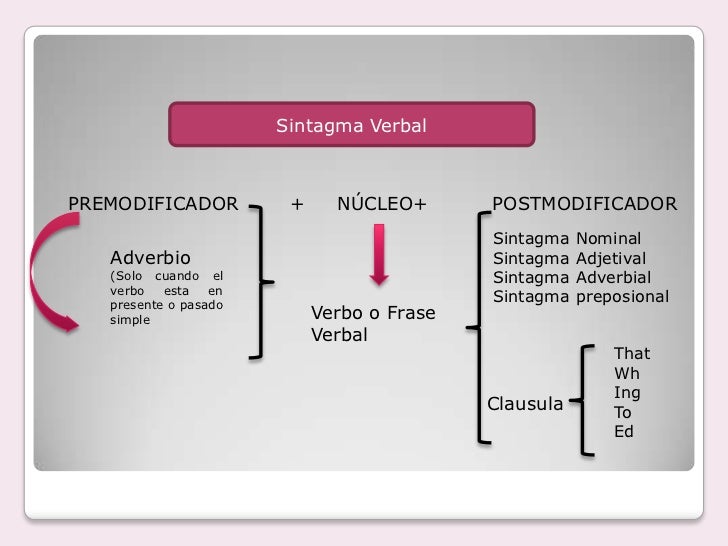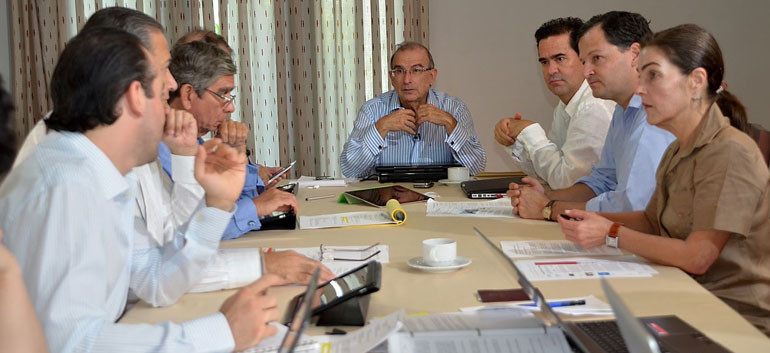El Alfabeto Fonético Internacional (AFI en español, API en francés e IPA en inglés) es un sistema de notación fonéticacreado por lingüistas. Su propósito es otorgar, en forma regularizada, precisa y única, la representación de los sonidos de cualquier lenguaje oral, y es usado por lingüistas, logopedas y terapeutas, maestros de lengua extranjera, lexicógrafos ytraductores. En su forma básica (en 2005) tiene aproximadamente 107 símbolos básicos y 55 modificadores.
Los símbolos del Alfabeto Fonético Internacional están divididos en tres categorías: letras (que indican sonidos “básicos”),diacríticos (que especifican esos sonidos) y suprasegmentales (que indican cualidades tales como velocidad, tono y acentuación). Estas categorías están divididas en secciones menores: las letras están divididas en vocales y consonantes, y los diacríticos y suprasegmentales están divididos según si indican articulación, fonación, tono, entonación o acentuación.
Aunque el AFI fue creado para representar solo aquellas cualidades del habla que son relevantes para el idioma en sí (como la posición de la lengua, modo de articulación, y la separación y acentuación de palabras y sílabas),1 un conjunto extendido de símbolos llamados AFI Extendido (Extended IPA en inglés) ha sido creado por fonólogos para marcar cualidades del habla que no tienen un efecto directo en el significado (como el crujido de dientes, ceceo (sigmatismo), y sonidos efectuados por personas con paladar hendido o labio leporino).
